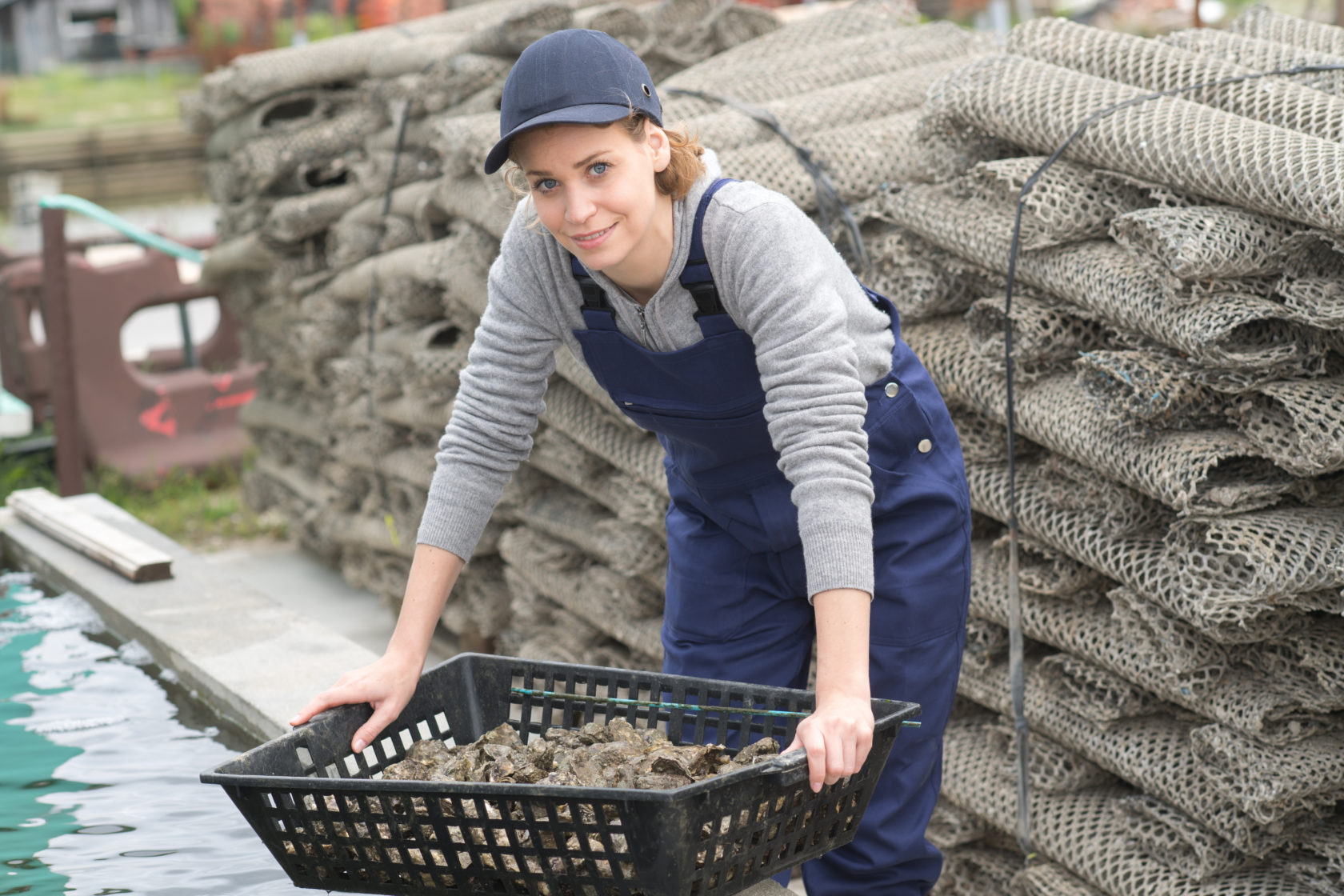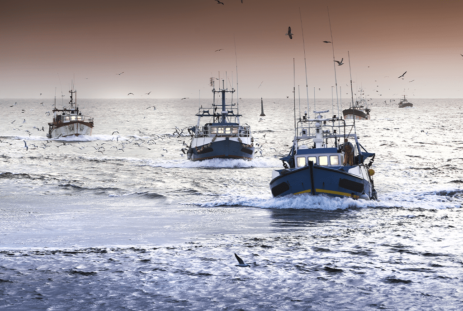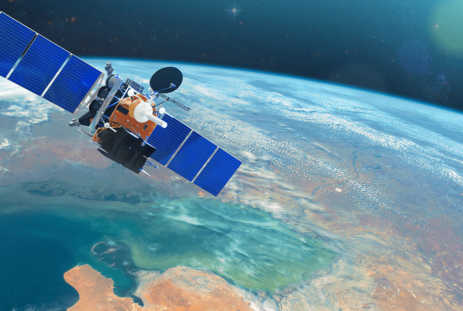
Protecting Our Fish Stocks Through Satellite Surveillance
AN IMPACT STORY
Solving illegal fishing with the use of advanced digital technologies
 Serving the world from its Canadian home and global offices, MDA (TSX:MDA) is an international space mission partner and a robotics, satellite systems and geointelligence pioneer with a 50-year story of firsts on and above the Earth.
Serving the world from its Canadian home and global offices, MDA (TSX:MDA) is an international space mission partner and a robotics, satellite systems and geointelligence pioneer with a 50-year story of firsts on and above the Earth.
With over 2,200 employees across Canada, the US and the UK, MDA is leading the charge towards viable Moon colonies, enhanced Earth observation, communication in a hyper-connected world, and more. With a track record of making space ambitions come true, MDA enables highly skilled people to continually push boundaries, tackle big challenges, and imagine solutions that inspire and endure to change the world for the better, on the ground and in the stars.
The Problem
Illegal fishing accounts for 30 percent of all fishing worldwide. The costs of this criminality are enormous: Illegal fishing destroys marine habitats, slashes vulnerable fish stocks, harms subsistence fisheries, threatens food security, and removes $23 billion each year from the global economy. With global fisheries providing livelihoods for almost 12 percent of the world’s population, the threat of illegal fishing is real and it’s growing. It is estimated that 30 per cent of all fish stocks globally are overfished and about 60 per cent are fully fished.
Much of this criminal activity is carried out by what are known as dark vessels—ships that have switched off their location transmitters to cloak themselves in a metaphoric shadow. Keep in mind, these are not humble trawlers. They are floating fishing factories that have the wherewithal not only to inflict enormous environmental destruction, but also to do so in short amounts of time
The Protecting Our Oceans Solution
Individual countries and international organizations had no method to fight this marine menace – until recently. Led by MDA, Protecting Our Oceans is advanced technology designed by a collaboration of Digital Technology Supercluster members to stop dark vessels. It is poised to work as part of the Maritime Insights system, which combines satellite monitoring, artificial intelligence, big-data analytics, and data visualization techniques to locate illegal fishing vessels and track their movements. Other consortium partners include VizworX and Simon Fraser University.
“The Supercluster has played a critical role in helping our consortium develop a clear vision and purpose, as well as assemble a team of diverse organizations faster than if we did so on our own,” adds Hans Wehn, R&D Director at MDA.
The true beauty of the project is its ability to identify dark vessels that fish illegally by pulling multiple types of satellite information and presenting pertinent data on one interface. Current space-based sensors powerfully combine with this Canadian digital technology to render images of 250,000 square kilometres of ocean in under a minute.
Equipped with the Protecting Our Oceans technology, authorities can respond to the menace of dark vessels in two main ways. Individual countries are able to intercept identified ships operating in their waters, seize them and prosecute their owners. In the case of dark vessels operating in international waters, global organizations could sanction the United States Navy, Royal Canadian Navy or another such military service to carry out enforcement. Either way, countries around the world stand to benefit from Canada’s global leadership in using advanced digital and space technologies to stop illegal activity and protect precious marine ecosystems.
Measurable Results

Thanks to innovation made possible by the Digital Supercluster, MDA and Canada are being recognized as a global leader in illegal fishing and protecting marine ecosystems. In February of 2021, the Government of Canada awarded MDA a three-year, $7-million contract for satellite technologies that keep watch over millions of square kilometers of ocean.
Protecting Our Oceans is slated to be put to work both nationally and internationally. Ecuadorian Maritime Authority want to rely on it to monitor the sensitive marine ecosystem around the Galapagos Islands. Pacific Islands Forum Fisheries Agency, which represents 17 countries in the Pacific Ocean, may use it to protect their shared environment and better manage local fish stocks. Brazil and the Philippines are also contemplating adopting it. With this commercialization of Canadian intellectual property underway, MDA and project team members are testing the applicability towards other use cases such as halting polluters, combating human trafficking and strengthening border security.
“Tragically, the vast majority of IUU fishing takes place in the waters of developing nations around the world, where subsistence fishing is critical to the local community, food security and economic development. These nations have little defence against the sheer number of fishing vessels operating at will wherever there are fish left to harvest,” Keith Beckett notes. “Our technology and innovations are enabling these nations to stand up for themselves, and to protect their environment and enabling sustainable fisheries.”
The Digital Supercluster is an original co-investor in this partnership alongside industry. In addition to funding, the Supercluster’s unique innovation model facilitated new thinking and ideas on how to solve illegal fishing through cross-industry collaboration between small and medium business enterprises,
industry leaders and academia.
“The collaboration with our Supercluster partners is bringing new thinking and ideas into how to solve illegal fishing with the use of advanced technologies such as behavioural analytics and immersive visualization,” says Keith Beckett, Chief Product Engineer at MDA.
Learn more about the Protecting Our Oceans Project



